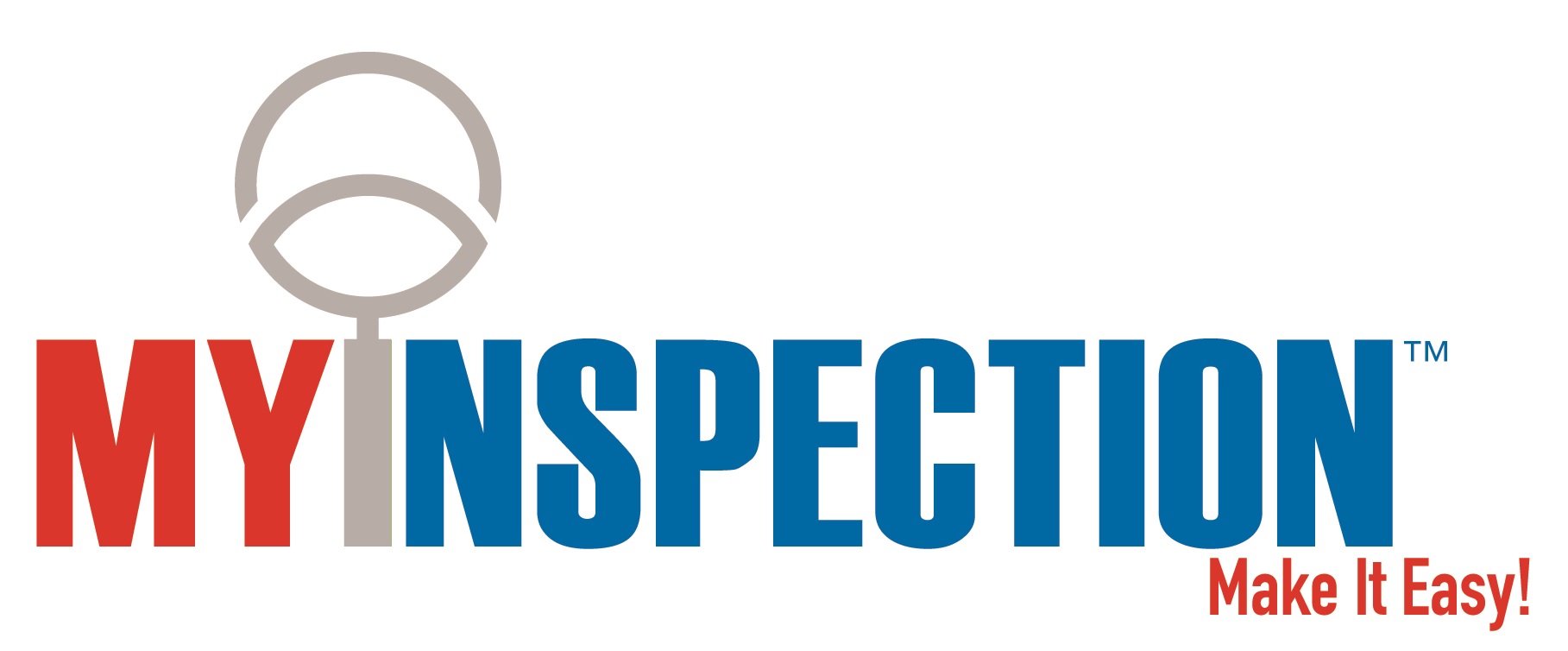MyInspection
Overview
Live event: Wednesday, May 8, 2024 |
1:00 - 2:00 PM ET
A training certificate of attendance
is available for this demo
|

 |
| |
|
Laboratories within hospitals, private labs and physician
offices all face the challenge of compliance with CLIA
regulations. This is true both when a lab is initially applying
for a CLIA license and also after the initial license is granted
and they are operational.
Staff turnover is another challenge that plagues clinical
laboratories. The need to continuously train new staff can take
away from the much needed time to keep up with compliance and
deliver accurate and reliable patient results.
In this webinar we will introduce MyInspection software and
demonstrate how the tools and features within the software can
help save time and energy with staff training while making
overall lab compliance easier to deal with. |
Presenters
| |
.JPG) Karen
Bornstein Karen
Bornstein
President, MyInspection |
|
|
| |
 Steve
Boyer, MT(ASCP) Steve
Boyer, MT(ASCP)
Director of
Sales, MyInspection |
|
Resolve Lab
Staff Shortages
Live event: Thursday, April 25, 2024 |
1:00 - 2:00 PM ET
P.A.C.E.®
Credit available until October 25, 2024 | Florida Lab
Credit available
|

 |
| |
|
There are many
obstacles facing clinical laboratories these days. None so
apparent as the staffing shortages we are currently faced with.
Due to these shortages, we often find ourselves battling with
staff turnover and the challenges it produces.
In this webinar we will discuss some of the reasons for the
shortage as well as why laboratory personnel are moving on;
whether they remain in the laboratory field, or move on to a
different career altogether.
The main topic of our discussion will be on the onboarding and
training processes for new employees and how to expedite both of
these processes to have less of an impact to your business. From
tools you can incorporate to assist with onboarding to topics
that should be included in your onboarding plan – we’ll touch on
them all.
This webinar will:
- Assess why there is a staffing shortage
in the clinical lab setting
- Identify tools/systems that can be
implemented to help with onboarding and
training
- Explain what needs to be part of your
onboarding plan
- Discuss training schedules
|
|
Presenter
| |
 Andrew
Fletcher, MD, MBA, CPE, CHCQM, FCAP Andrew
Fletcher, MD, MBA, CPE, CHCQM, FCAP |
Founder
Eutilogic Consulting |
| Dr.
Fletcher is a board-certified anatomic/clinical
pathologist, certified physician executive and a
fellow of the American Board of Quality
Assurance and Utilization Review Physicians. He
has completed CLSI certification, is a prolific
CAP Team Lead inspector, and member of the CAP
Inspection Process Committee. He is the founder
of Eutilogic consulting and serves as the
Medical Director of Laboratory Stewardship and
member of the Medical Advisory Council for
Accumen Inc. |
|
|
| |
|
| |
|
Laboratory
Compliance Simplified: Part 2
Live event: Tuesday, November 7, 2023 |
1:00 - 2:00 PM ET
P.A.C.E.®
Credit available until May 7, 2024 | Florida Lab
Credit available
|

 |
| |
|
Laboratories within
hospitals, private labs and physician offices all face the
challenge of compliance with CLIA regulations. This is true both
when a lab is initially applying for a CLIA license and also
once the initial license is granted.
In this second part of our webinar series, we will further
discuss laboratory compliance and dive deeper into laboratory
personnel requirements as well as the pre-analytic, analytic,
and post-analytic phases of laboratory testing. We will discuss
the required personnel within the lab along with their job
descriptions, staff training and competency assessments along
with the importance of having an appropriate QA Plan in place
within the lab. Having an efficient Document Management System
is key to keeping your lab running smoothly and inspection ready
at all times.
This webinar will:
- Review key CLIA requirements
- Identify the challenges and pitfalls to
be avoided in setting up an internal lab
compliance system
- Discuss the requirements needed to
maintain acceptable personnel files
- Illustrate what’s needed to set up and
maintain a QA Plan in the laboratory
|
|
Presenter
| |
 Jim
Poggi Jim
Poggi
Principal
Tested Insights, LLC |
| Jim Poggi
is a commercial professional in the lab business
as a practitioner, sales professional, marketing
and category director for a number of years. He
is a member of Repertoire Magazine editorial
board, and is a peer reviewed author in
hemoglobin A1C. Jim has key interests and
expertise in LIS/EMR, clinical chemistry,
immunochemistry and carbohydrate metabolism. |
|
|
| |
|
| |
|
Laboratory
Compliance Simplified
Live event: Tuesday, September 19, 2023 |
1:00 - 2:00 PM ET
P.A.C.E.®
Credit available until March 19, 2024 | Florida Lab
Credit available
|


|
| |
|
Laboratories within
hospitals, private labs and physician offices all face
the challenge of compliance with CLIA regulations. This
is true both when a lab is initially applying for a CLIA
license and also once the initial license is
granted.There are a number of personnel requirements,
training requirements and accompanying documentation,
quality control and method documents that need to be
tracked and updated on an ongoing basis as tests change.
Personnel changes and ongoing training and development
must be tracked as well.
Most laboratories are ill-equipped to understand ALL of
the specific requirements required for successful CLIA
compliance. In addition, most do not have a formal
structure to list the requirements and document their
management methods. Without some form of electronic
documentation format, most labs struggle to keep track
of the multiple elements that must be managed to keep
the lab well-organized and CLIA compliant. As a result,
labs frequently experience deficiency notifications
during routine inspection which cause concern and shift
priorities to develop and implement policies and
procedures required to ensure compliance.
This webinar will:
- Review key CLIA requirements
- Identify the challenges and pitfalls to
be avoided in setting up an internal lab
compliance system
- Discuss various methods that can reduce
the laboratorian's time and expertise
requirements when implementing a CLIA
compliance program
|
|
Presenter
| |
 Jim
Poggi Jim
Poggi
Principal
Tested Insights, LLC |
| Jim Poggi
is a commercial professional in the lab business
as a practitioner, sales professional, marketing
and category director for a number of years. He
is a member of Repertoire Magazine editorial
board, and is a peer reviewed author in
hemoglobin A1C. Jim has key interests and
expertise in LIS/EMR, clinical chemistry,
immunochemistry and carbohydrate metabolism. |
|
|
| |
|
|
|
|
|
|

